Charlie, the Drummer Boy of the 8th Michigan, Returns Home
By Daniel Mallock (November 2022)

Savage Breeze, Helen Frankenthaler, 1974
For want of me the world’s course will not fail:
When all its works is done, the lie shall rot;
The truth is great, and shall prevail,
When none cares whether it prevail or not.
—Coventry Patmore
Part of the mission of the historian is to unravel the tapestry of the past and understand the individual threads that make up the whole. These threads of people and events then are the roots of the great tapestry of our history—they are the “mystic chords of memory” that Lincoln talked about in his first inaugural address (March 4, 1861):
I am loath to close. We are not enemies, but friends [Edit Note: Lincoln referring to the seceding Southern States]. We must not be enemies. Though passion may have strained it must not break our bonds of affection. The mystic chords of memory, stretching from every battlefield and patriot grave to every living heart and hearthstone all over this broad land, will yet swell the chorus of the Union, when again touched, as surely they will be, by the better angels of our nature.
These threads of the past, the sometime “mystical” chords of memory, are what bind us to our forebears and to our country and to one another. The torch bearers and mobs of the present catastrophic era of revision and hatreds seek to sever these chords and bring the edifice of past and present crashing down so that it all can be replaced. They will not succeed.
I addressed a very small group in a Boston suburb several weeks ago. The introductory issue on the table was: What is the value of history? I answered: Community, Context, Continuity.
The smashing and removal of Confederate monuments is wrong for many reasons—first and foremost because it breaks the continuity of our past, eliminates the context of it, and sows division in the community of our nation. Secondly, it overturns the great reunification of north and south that occurred after the war and which was the foundation for the rebirth of the country as a great nation and international power.
It is important to recall that Confederates were Americans; they were our people just as Union soldiers and abolitionists were the same. And just as the reasoning, if there really is any, of the neo-Jacobin mobs in destruction and iconoclasm is to somehow reap revenge on a past that they cannot abide (and certainly cannot change) it is also, more importantly, to clear away the past to prepare for a radical new future. Such things are fundamental in revolutions.
The past is immovable, it cannot be “corrected.”
Removal of historical monuments is about ripping the past away, delegitimizing it, deriding it, condemning it, and finally, erasing it. It is a clearing of the public stage, so to speak, to prepare for what is to come next.
The logic is difficult to escape: All Confederate memorials must be eradicated due to the stain of slavery; since all Confederates are all bad because of slavery, therefore most of the founders were also bad due to slavery, particularly Jefferson and Washington. Since Jefferson and Washington were essential Founding Fathers therefore the country that they founded was—and is—itself bad due to slavery (and their personal failings relating to it); and, since the founders are flawed and bad, and the country is bad, then the founding documents (Constitution and Declaration of Independence) are also bad, and must be eradicated and replaced. Leadership of BLM and other communist radicals have been quite clear on this point.
When Whittaker Chambers abandoned his life as a communist spy and turned state’s evidence against Alger Hiss in 1948 as the Cold War was heating up, he was not confident that he was making the best decision; he was not certain that he had chosen the winning side. But he felt that he had no choice but to do as he did because he came to see that communism was a force of evil, and that this conflict between communism/totalitarianism and freedom was a perpetual war, a war between good and evil, darkness and light.
It is the crisis that makes men Communists and it is the crisis that keeps men Communists. For the Communist who breaks with Communism must break not only with the power of its vision and its faith. He must break in the full knowledge that he will find himself facing the crisis of history, but this time without even that solution which Communism presents, and crushed by the knowledge that the solution he sought through Communism is evil against God and man. (Witness, p.193.)
And here we now are, in the current campaign of this endless war to extinguish the lights in the shining City on the Hill. Regardless, they will not be successful.
In following the threads of the tapestry of the Civil War years and trying to understand the people involved, who they were and why they did what they did, I was lead to an obscure book written by a Union nurse who happened to meet Dorothea Dix during her service in Union Army field hospitals. So, I ordered this obscure book through my local library’s state-wide interlibrary loan system. Much to my shock and awe, the book arrived: it is the original pressing of the book from 1893!
This book is Mary Livermore’s memoir of her war service: My Story of the War. I’d never heard of it before starting my research on the current project I am working on which covers a number of subjects including the battle of Nashville, Dorothea Dix, and other matters of interest which will lead to discussion of things happening now in the present moment. This approach embraces my view of the value of history—Community, Context, Continuity. Much of historiography fails to do this and thus fails/frustrates the modern reader who cannot fully appreciate its value in any way other than merely as a fascinating story of the past. It’s got to be much more.
Livermore provides an interesting sketch of Dix and her work in the Lincoln Administration and some of the frustrations she faced as a woman from men of lesser work ethic, lesser skill, and lesser quality. But there is much more in this book as well. To be honest with you, it’s absolutely devastating to read it. What these people went through to save the Union and free the slaves is almost beyond words it was so massive an event.
Consider the excerpt below. The mother of the drummer boy, Charlie of the 8th Michigan, is eagerly awaiting his train to arrive and for him to disembark from it. The dinner table is set, and all eagerly anticipate his return from the war.
Now, a telegram announced that the regiment was in Louisville, then in Indianapolis, in Michigan City, at last in Detroit.
With a happy heart, the glad mother telegraphed her boy to come to her in Chicago, whither she had removed on her husband’s death. The she watched to the arrival of the trains. ‘He will be here tonight! He will be here tomorrow!’ she said; and answered every summons of the door-bell herself, expecting to greet her boy. Everything was in readiness for the lad—his room, his clothes, the supper-table spread with the delicacies he loved. Mother, sister, brother, all were waiting for him.
A ring at the door. All start, all rush; now it is surely Charlie. No; only a telegram: ‘The regiment has arrived in Detroit; but Charlie died in Indianapolis.’ God help the poor mother!
I obeyed the direction sent me to Washington, and went to Indianapolis in search of the lad’s dead body. He had not been in that city. I went to Louisville, and consulted the hospital director of the Sanitary Commission. He had died in Louisville, from hemorrhage of the lungs, occasioned by the chance shot which penetrated them. The lifeless corpse was exhumed from the soldiers’ burying-ground, and forwarded to the mother. Ah, the war of the rebellion cost us dearly! (p 279)
The Civil War is likely the central moment in American history. It is the moment when Union was decided, when freedom was decided, when sacrifices was required and given, when the future really of the world was decided.
Now, in this the most horrible time in American history since the end of the war for students of history and for appreciators of the Civil War we are told that not enough was done so that even Lincoln’s statues should be pulled because he didn’t “do enough” or because he favored relocation before he favored emancipation.
It is a time when the Union Colonel’s statue (Col. Christian Heg, 5th Wisconsin, killed fighting Confederates at Chickamauga, September 19, 1863) in the center of Madison, Wisconsin, was destroyed regardless of the fact that he was a great abolitionist and Civil War hero of the Union; when Cervantes’s statue (Spanish author of Don Quixote) in San Francisco is vandalized even though he himself had been a slave, when almost any Civil War memorial seems fair game, including U.S. Grant, the commander of the Union armies, to the Jacobin mobs—even the Confederate memorial at Arlington Cemetery is now under consideration for removal. These destructive, revolutionary acts have nothing to do with the past but everything to do with an evil, dystopian, totalitarian/communist future.
Sometimes our greatest expectations and hopes can turn into quite something else entirely, and quite seemingly so suddenly (though it’s decades and decades in the offing). Societies that are not united, that are riven with dissension and self-hatred, and that are purposefully divided by cynical, revolutionary political leaders and their blinkered, ignorant followers are inherently unstable and unhappy.
I met a pleasant young fellow from Ireland recently in New England. I asked him if he preferred living here or in Ireland. He said that though he missed his friends, he preferred life here despite the country being “wild,” as he put it. But what he really meant to say, I think, is that our country, in his view, is “nuts.” He said, “In Ireland we do not have these school shootings and mass murder events. This country is wild.”
Whittaker Chambers told us in his memoir “Witness” that this conflict between good and evil was a permanent one and that we would be unwise not to be aware of it and to prepare for it. We did not prepare well enough.
The story has spread that in testifying against Mr. Hiss I am working out some old grudge, or motives or revenge or hatred. I do not hate Mr. Hiss. We were close friends, but we are caught in a tragedy of history. Mr. Hiss represents the concealed enemy against which we are all fighting, and I am fighting. I have testified against him with remorse and pity, but in a moment of history in which this nation now stands, so help me God, I could not do otherwise. (Witness, pp.694-5.)
Why then can I say that the Jacobin forces will not be successful though so much seems doom and gloom? Because ours truly is the greatest country ever in the history of humanity—it makes perfect sense that the great conflicts of the world will take place here. It makes sense that the eyes of the world are upon us as our culture, society, economy, and country are all brought almost to their rhetorical knees. Our country is the great battleground of the essential battles.
The Civil War is our essential historical moment. Destruction of monuments cannot eradicate the truth of what happened, the sacrifices made, etc. It also cannot, despite the desire of some, remove redemption, growth, and learning from the past from our collective national consciousness. People make terrible mistakes, and sometimes they learn from those mistakes.
Learning from past mistakes, being redeemed from past error, implementing change and improvements based on mistakes of the past are all essential elements of human development. They are also fundamental to the value of history. The forces of communist/utopian revolution have no interest in such things—all of it to the dustbin, in their view.
Even Jefferson the slave-holding hypocrite yet hero-champion of Democracy and freedom said that the movement of humanity is perpetually toward freedom.
… the flames kindled on the 4th. of July 1776. have spread over too much of the globe to be extinguished by the feeble engines of despotism. on the contrary they will consume these engines, and all who work them. (Jefferson to Adams, September 12, 1821; original grammar.)
He is a perfect illustration of the inherent contradiction that is American history. He is a failure and a great success, a hero and a rogue, too.
The events of today are nothing more than the present campaign of an ongoing revolution (now over 100 years old) identified very clearly by Whittaker Chambers in his book. This moment in time is the culmination of it.
The simple fact is that when I took up my little sling and aimed at Communism, I also hit something else. What I hit was the forces of that great socialist revolution, which, in the name of liberalism, spasmodically, incompletely, somewhat formlessly, but always in the same direction, has been inching its ice cap over the nation for two decades. (Witness, p.741.)
We are a contradictory nation, because people are contradictory. People who cannot see this or will not understand or accept it are ignorant, and know nothing of humanity and nothing of history.
Do I contradict myself?
Very well then I contradict myself,
(I am large, I contain multitudes.)
—Walt Whitman, Song of Myself, 51)
Here, the great hero/villain of the War, Robert E. Lee:
The truth is this: The march of Providence is so slow, and our desires so impatient; the work of progress is so immense and our means of aiding it so feeble; the life of humanity is so long, that of the individual so brief, that we often see only the ebb of the advancing wave and are thus discouraged. It is history that teaches us to hope. (RE Lee letter to Lt. Col. Charles Marshall, September, 1870).
I look forward to the renewal of our country, and I look forward too, to better days. I look forward to renewal and better days because history says that it is so.
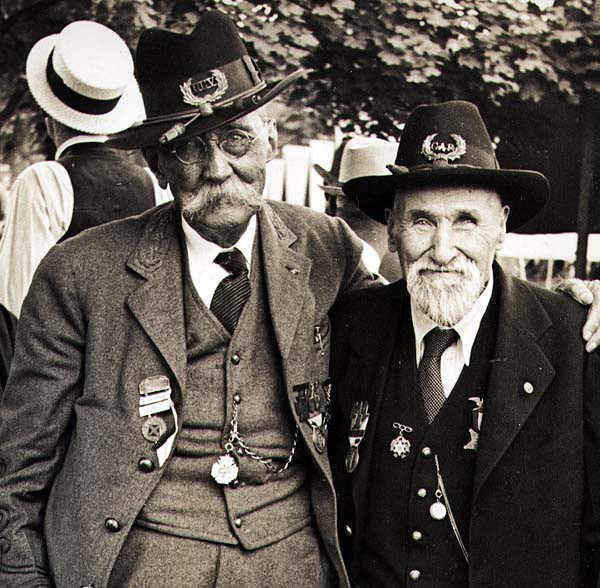
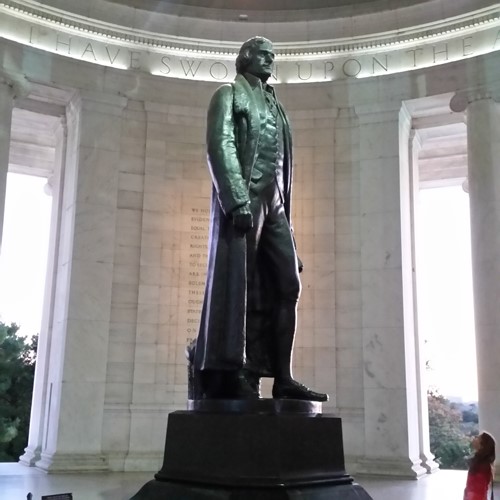
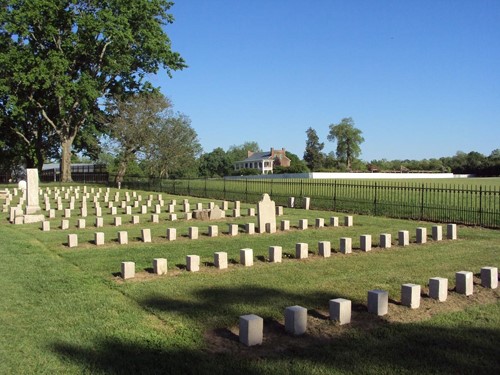
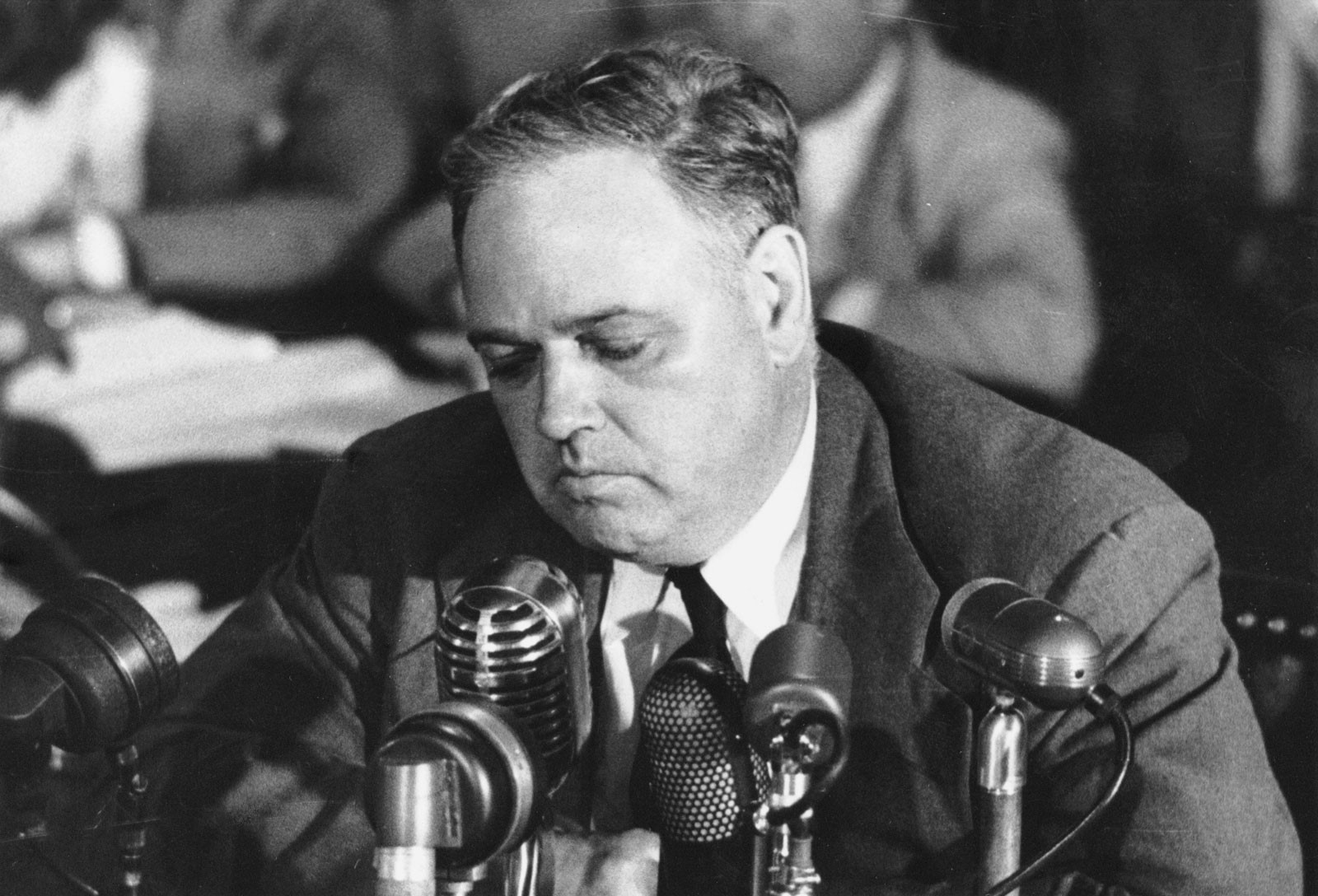
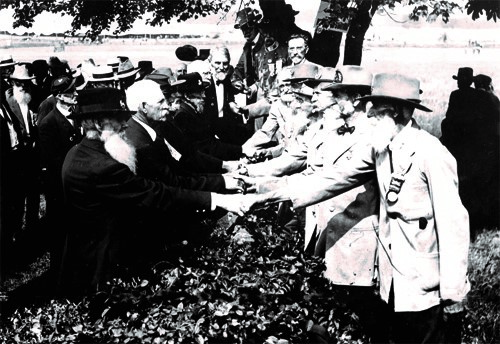
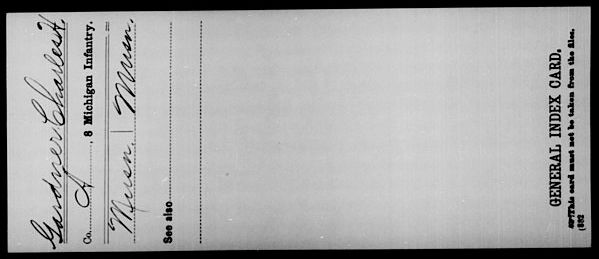
Daniel Mallock is an American historian. He is the author of the NYT best seller Agony and Eloquence: John Adams, Thomas Jefferson and a World of Revolution.
Follow NER on Twitter @NERIconoclast